Reception:+86-592-5775610
E-mail:marketing@jinmega.com
Address:18th floor, No.623 Lingdou West Road, Siming District, Xiamen

On July 28th at 9:55 AM, Typhoon Dujouray made landfall along
the coastal areas of Jinjiang, Fujian. At the time of landfall, it reached a
maximum wind force near its center of 16 on the Beaufort scale, categorizing it
as a powerful typhoon. It continued its forceful movement northwestward,
leaving a trail of strong winds and heavy rainfall in its wake, resulting in
severe natural disasters.

In the face of the same wind pressure, the impact on the surface
of photovoltaic modules of different areas is in completely different levels.
JM Solar will redesign and validate clamps, screws, and support structures
according to the actual conditions. A severe typhoon passing over a
photovoltaic power station is a stern test for photovoltaic support structures.
We are well aware that in the face of relentless challenges such as strong
winds and adverse weather, support structures face significant load risks. Any
problems could result in severe economic and life safety losses. Therefore, our
approach to support structure design and production is cautious. Each project
is based on local climate conditions and actual circumstances, with safety as
the top priority, providing reasonable design solutions and products.
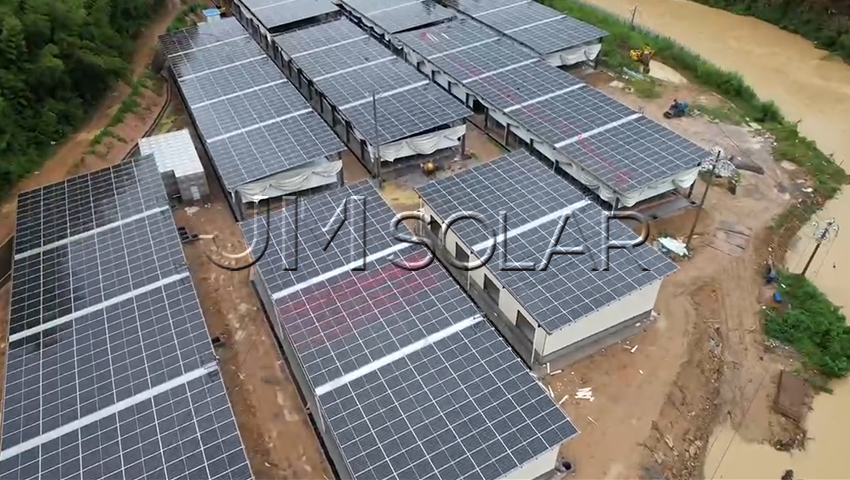
After Typhoon Dujouray, JM Solar promptly revisited its station
customers. Upon verification, all photovoltaic power stations supplied with
support structures from JM Solar are operating normally without any damage, and
power generation has been restored! JM Solar's photovoltaic support structures
have passed the test of a powerful typhoon, and their product quality has been
recognized and praised by customers, earning JM Solar widespread acclaim.
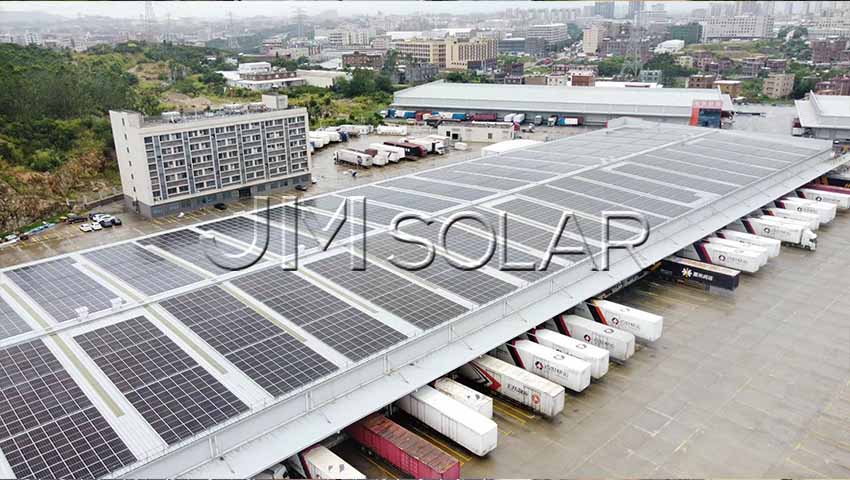
Quanzhou Jinjiang
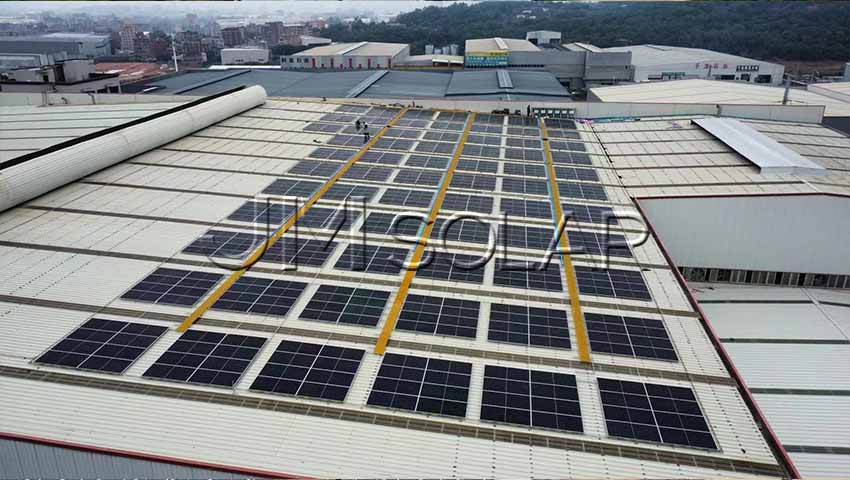
Quanzhou Nan'an
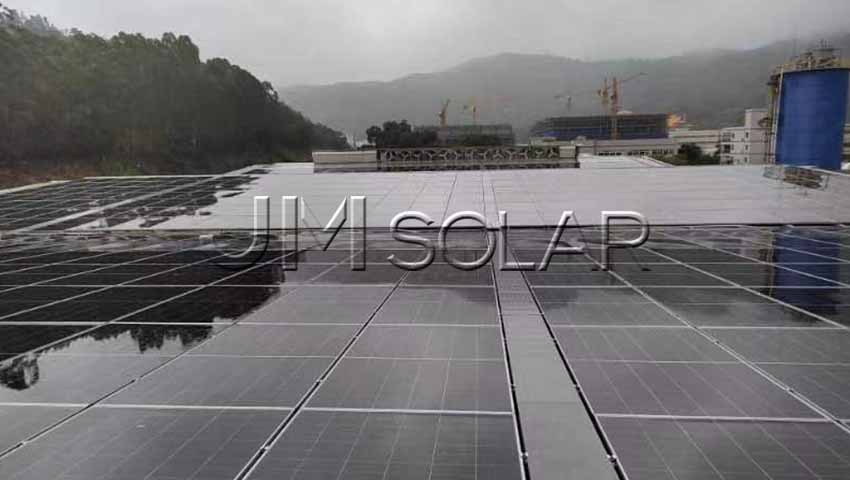
Xiamen
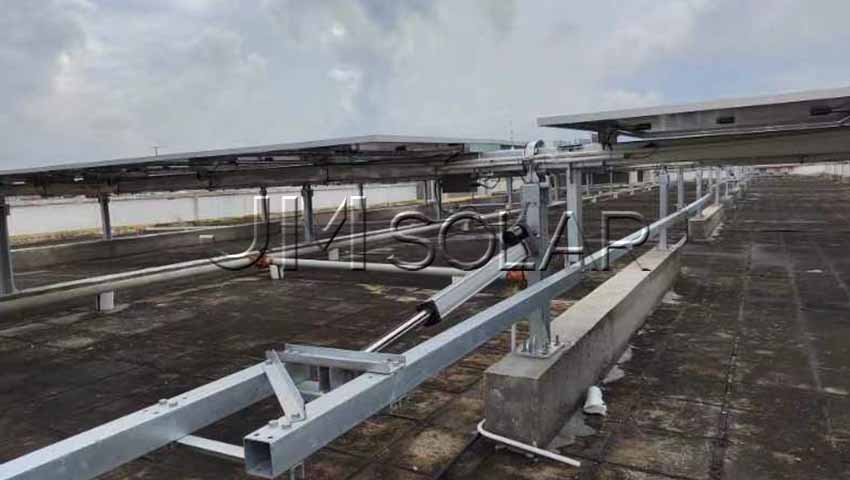
Xiamen
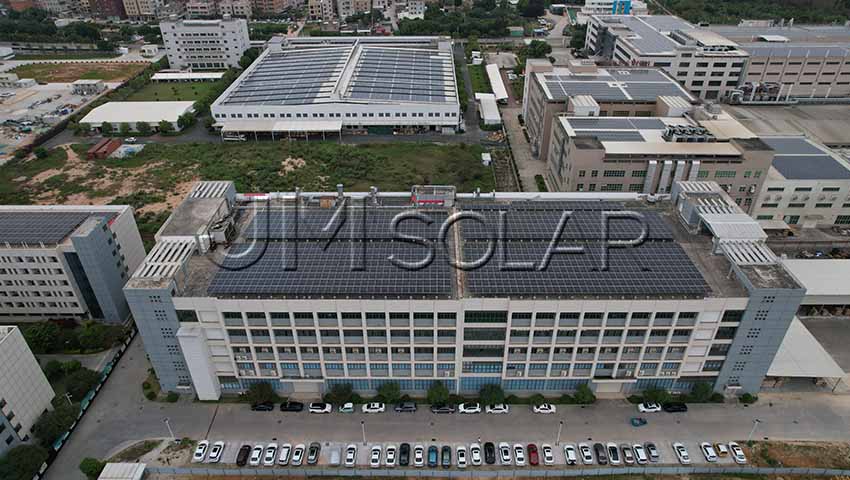
Xiamen
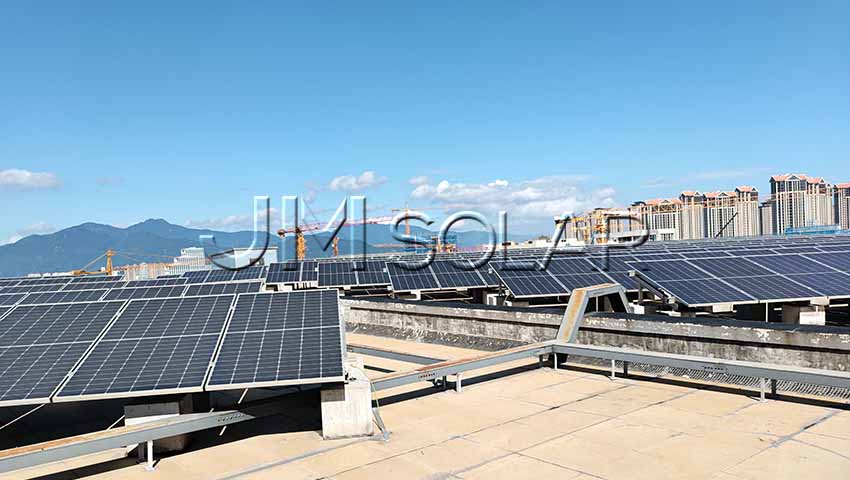
Xiamen
JM Solar's photovoltaic support structures have undergone wind
and load risk assessments from the early design stage, ensuring the safety and
profitability of the power station with stable and reliable photovoltaic
products throughout their lifecycle. While support structures may represent a
small proportion of a photovoltaic power station, their importance in
maintaining stability cannot be underestimated. This recent typhoon further
underscores the critical role of support structures in safeguarding the
stability of photovoltaic power stations.